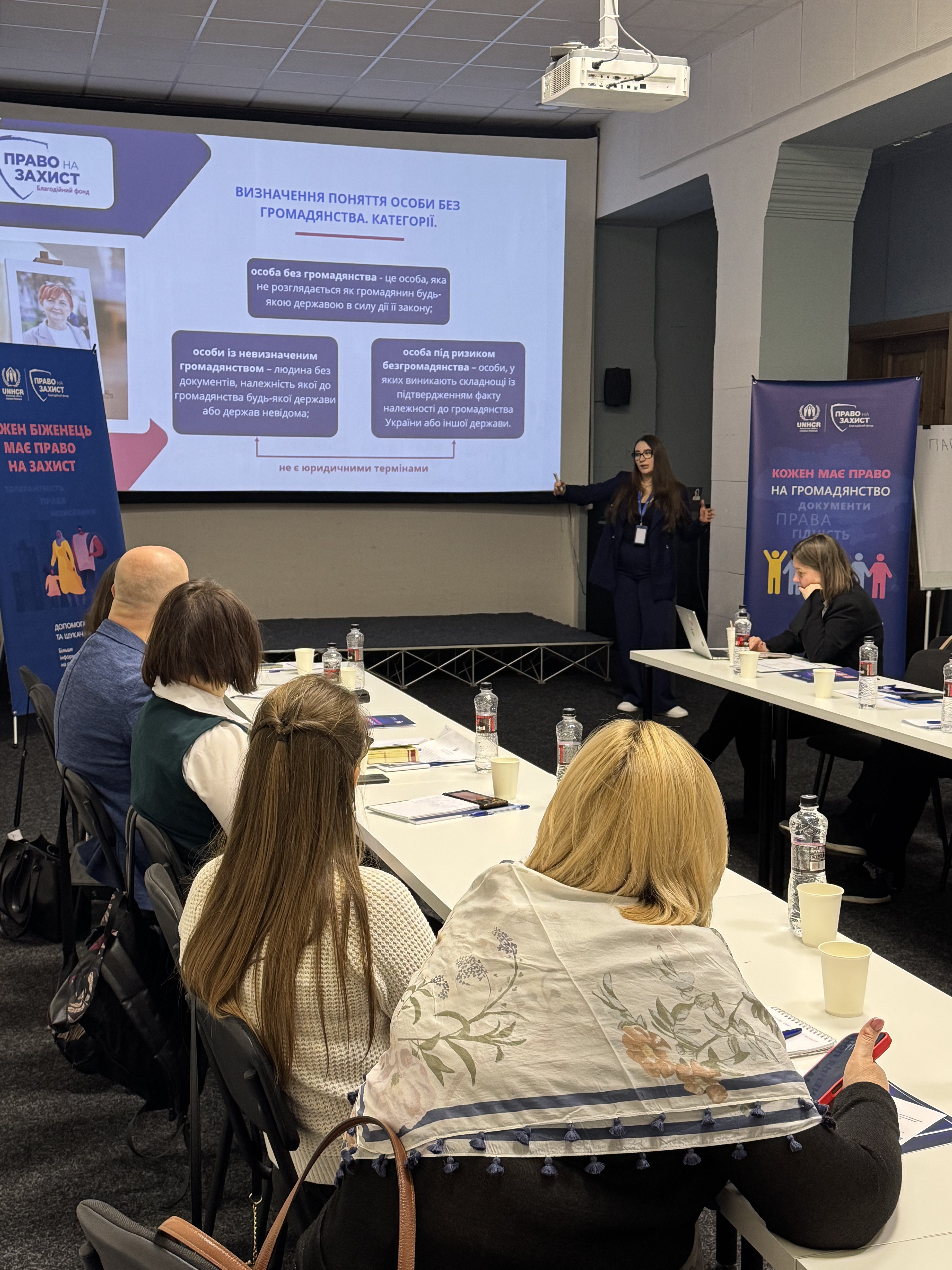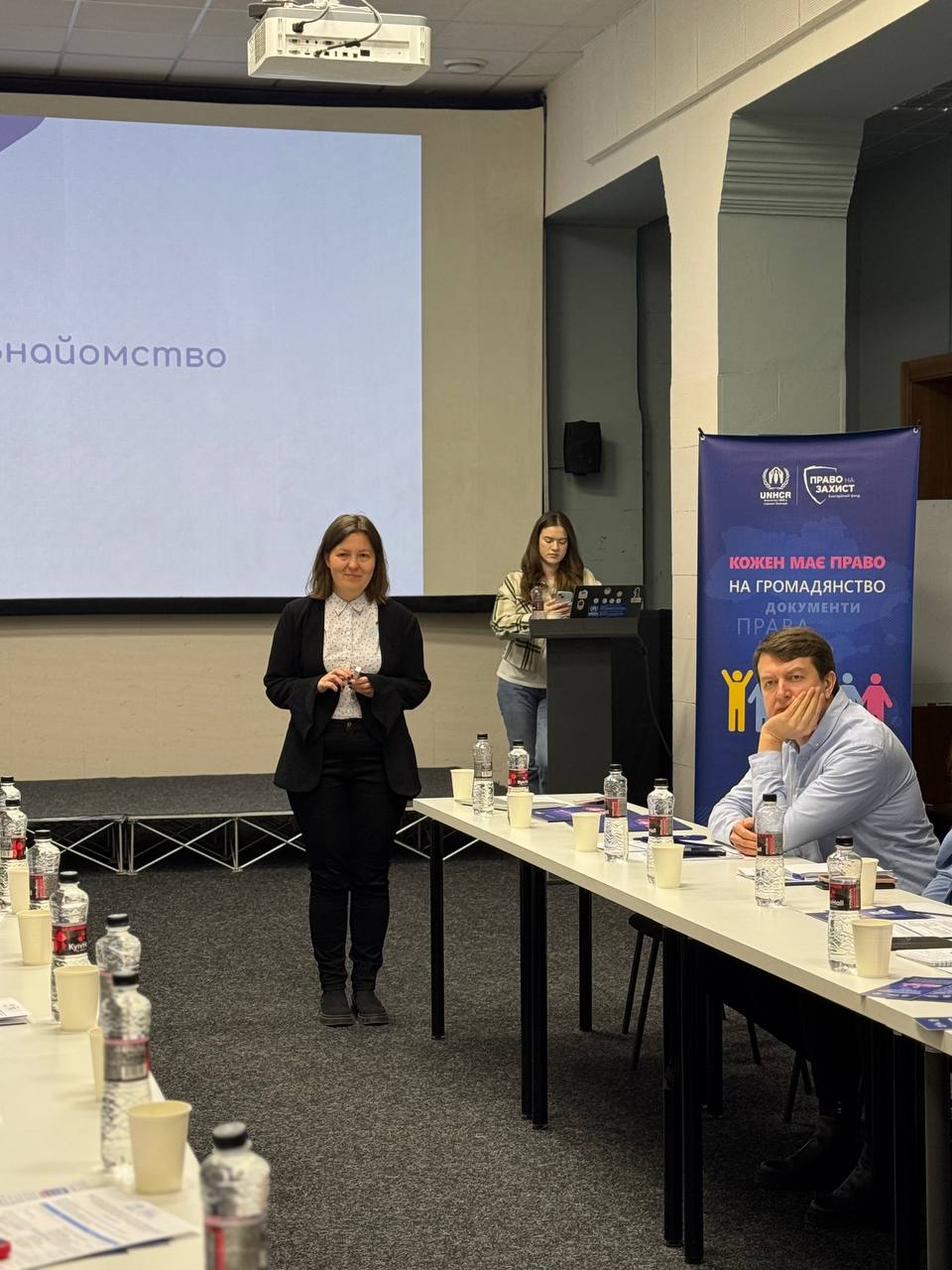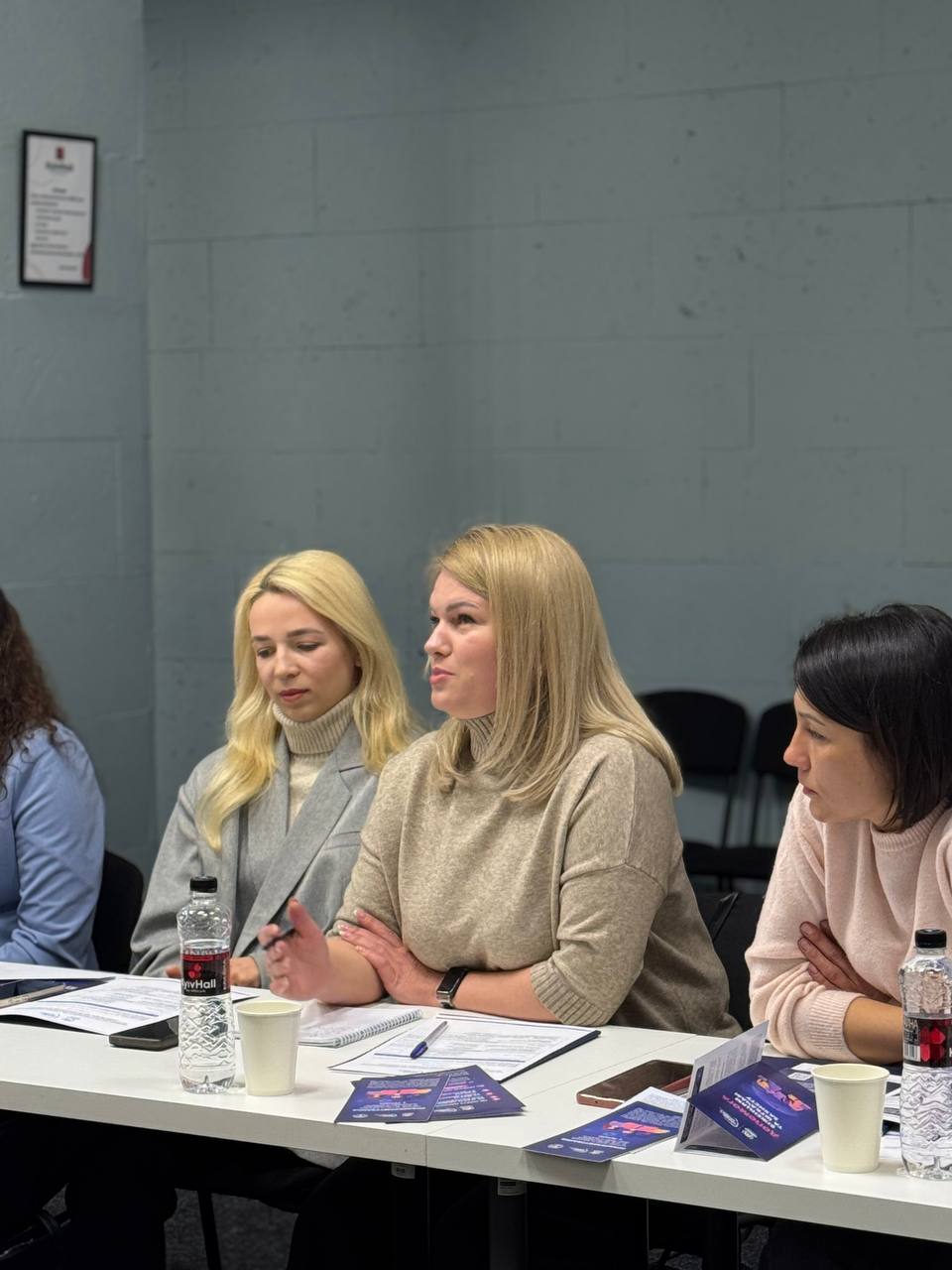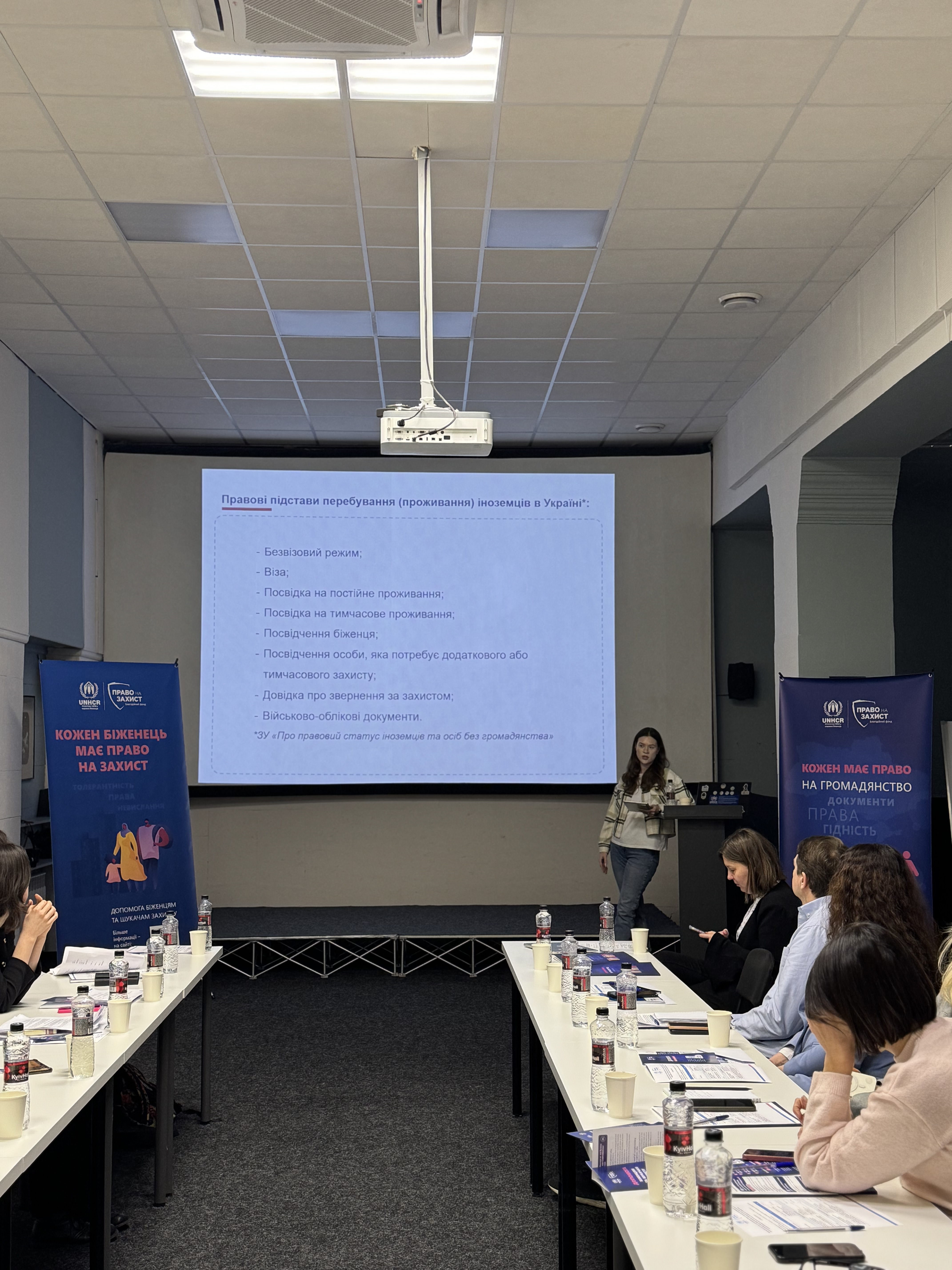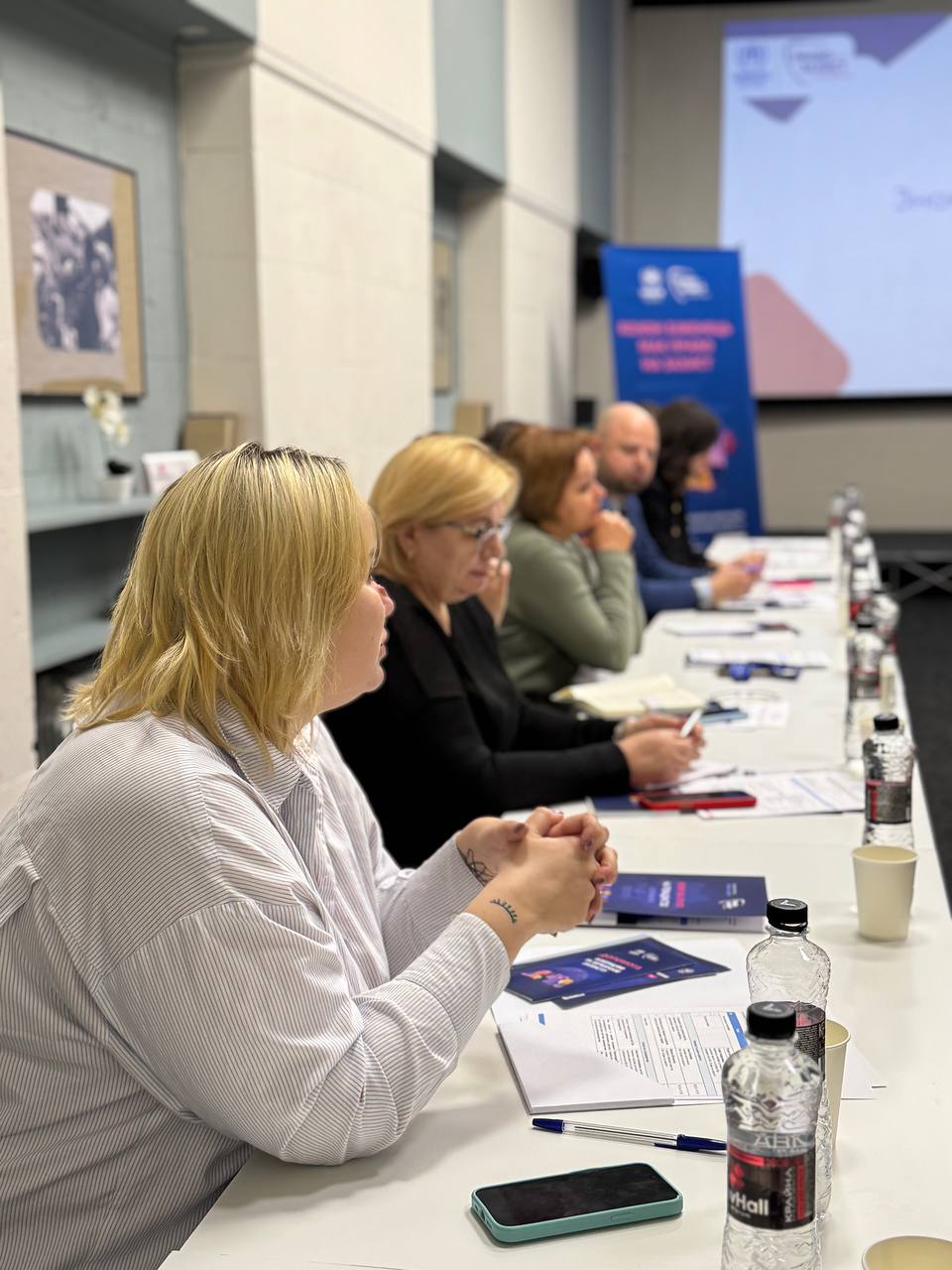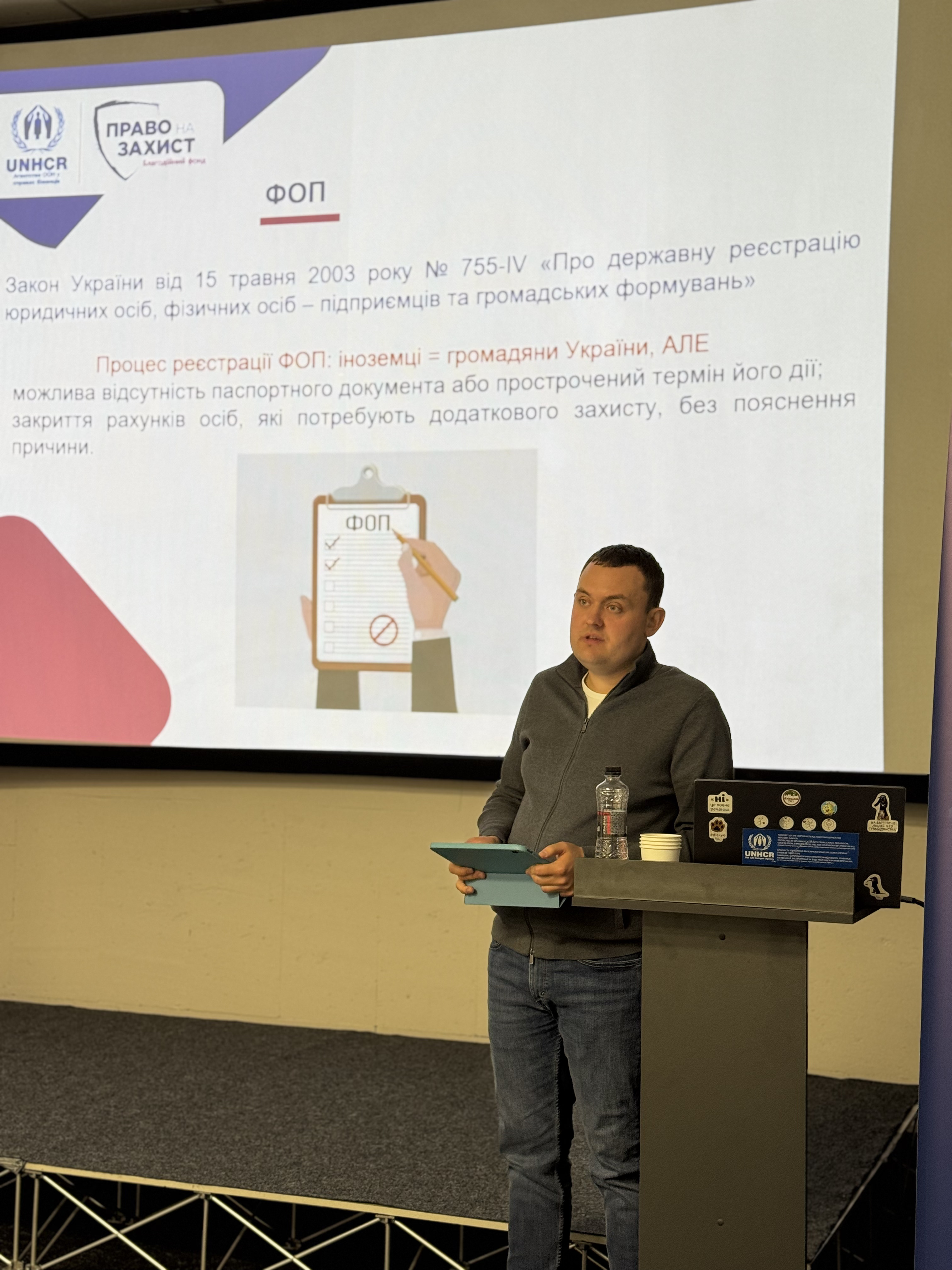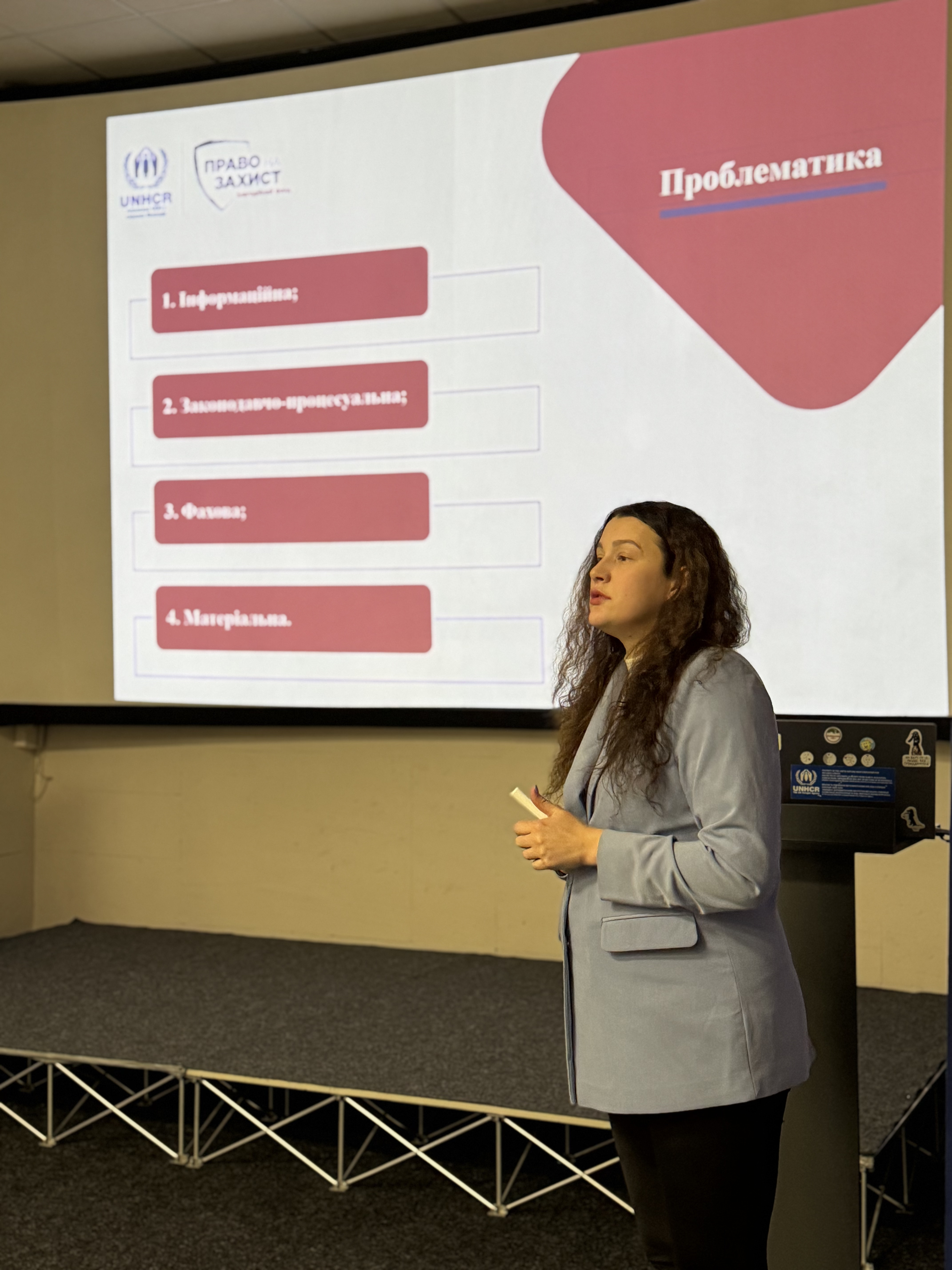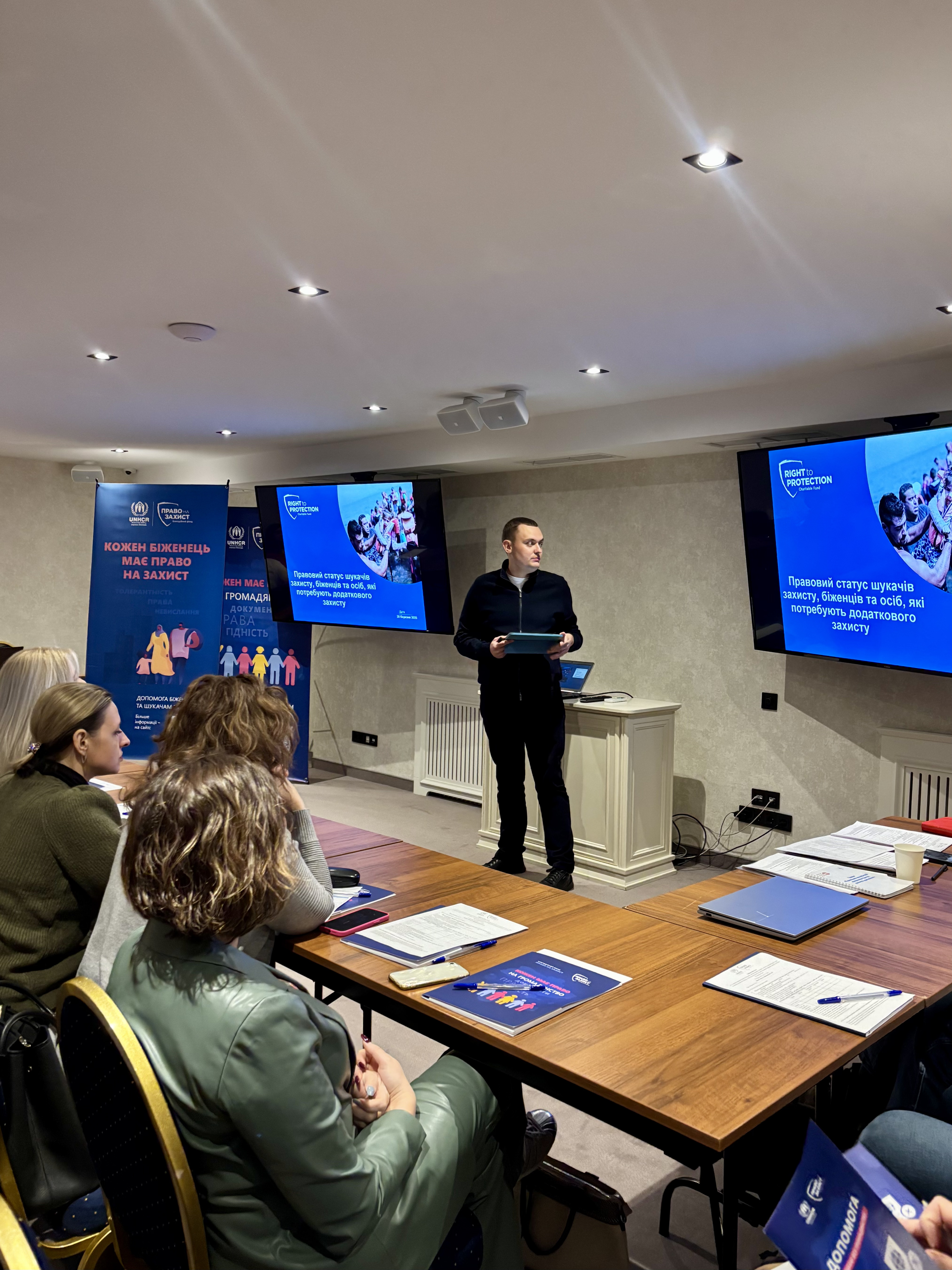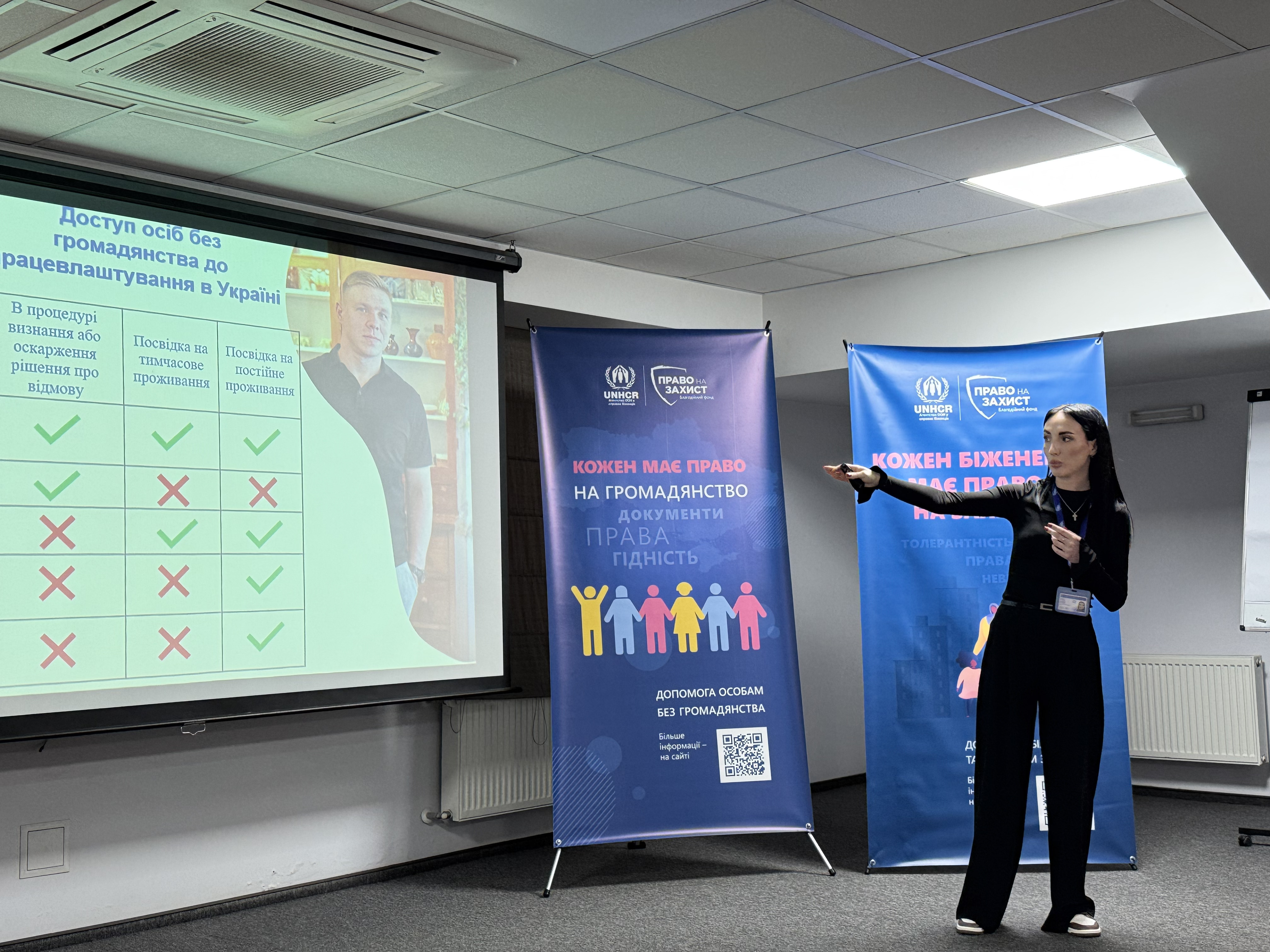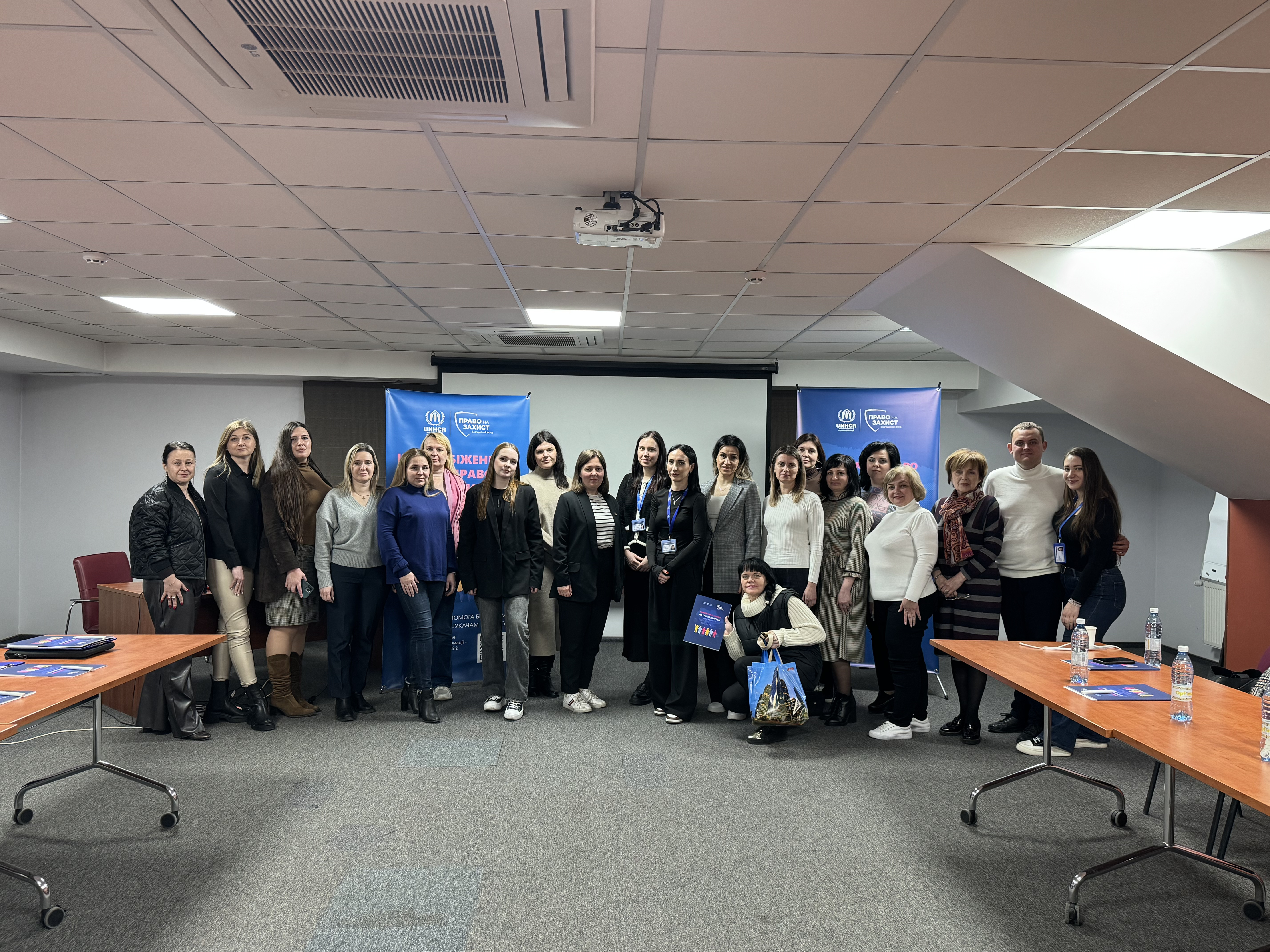-
Unfortunately, nothing was found for your request, you can search for another keyword, or contact us with your question through the feedback form
Search results (25)
All results (25)
R2P Held a Series of Information Sessions on the Rights of Refugees, Asylum Seekers and Stateless Persons
April 8, 2025
Right to Protection held a series of information sessions on the role of state and local authorities in facilitating access to healthcare, social protection, education and economic integration for refugees, asylum seekers and stateless persons in March-April. The events in Kyiv, Lviv, and Kharkiv were supported by UNHCR.
These sessions aimed to raise awareness of the role of state and local government officials in Kyivska, Lvivska, and Kharkivska oblasts in ensuring the rights of vulnerable groups. Representatives of departments and offices of healthcare, science and education, social protection, units of the Pension Fund of Ukraine, and employment centres attended the events.
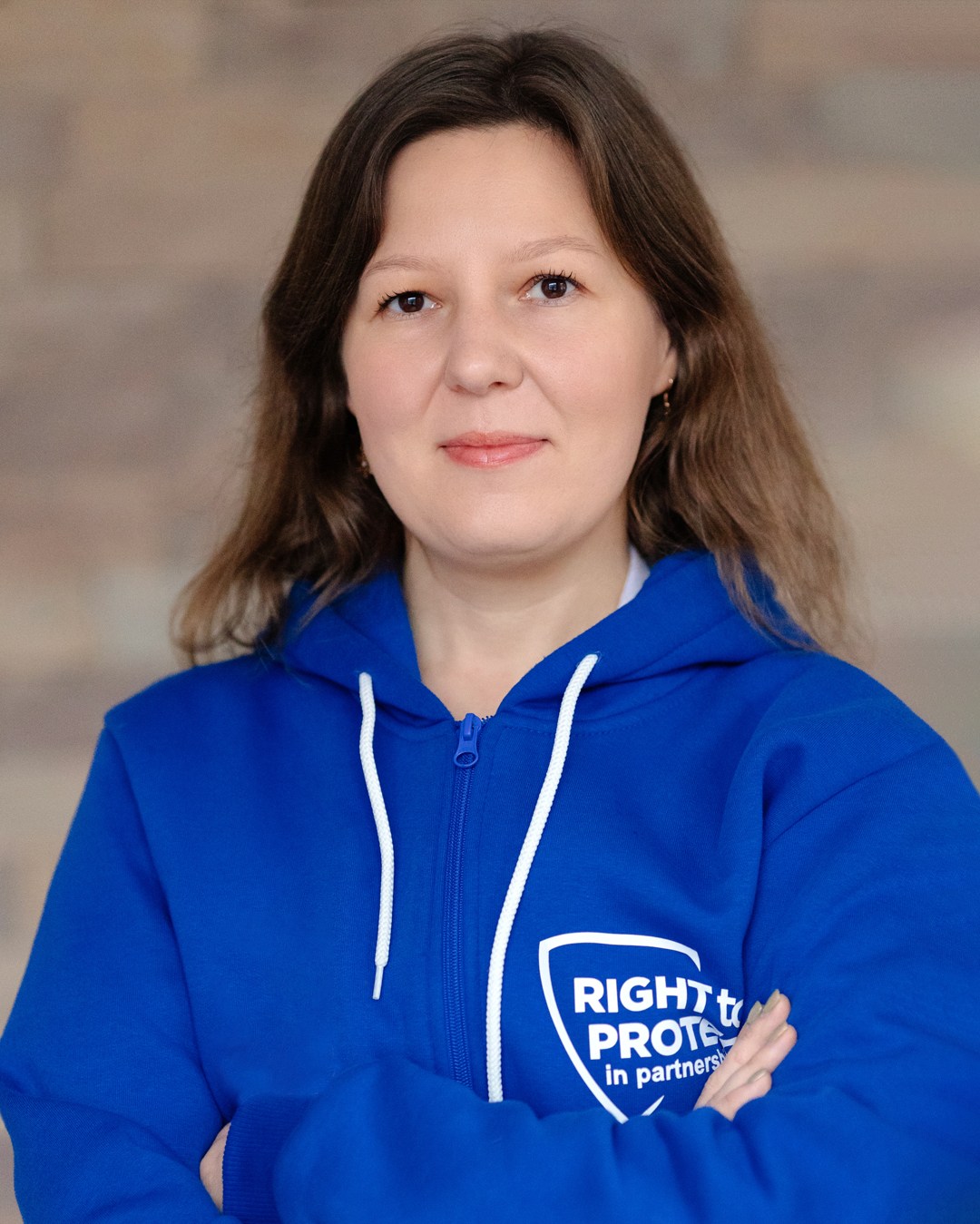
Sofiia Kordonets, Head of the Assistance to Refugees, Asylum Seekers and Stateless Persons in Ukraine programme direction of R2P:
‘'Conducting such information sessions is extremely important. They help to raise awareness of the rights of vulnerable groups. Our goal is to familiarise government officials with the specifics of the legal situation of refugees, asylum seekers and stateless persons so that they can support them more effectively. In particular, to redirect them to other state authorities or NGOs to provide comprehensive assistance and avoid cases when a person is left alone in difficult life circumstances because they do not have documents.’'
The first part of the sessions was dedicated to discussing the rights of refugees and asylum seekers. In particular, the participants learned about the legal status of asylum seekers, refugees, and persons in need of complementary protection and the problems of access to the following rights in Ukraine: the right to work, healthcare, education, social security, and housing.
The second part of these events was devoted to discussing the rights of stateless persons in Ukraine. The focus was on the legal status of stateless persons and those at risk of statelessness and the role of the state and local governments in ensuring access to the exercise of their rights.
Participants actively participated in the discussion and asked the speakers questions during the sessions.

